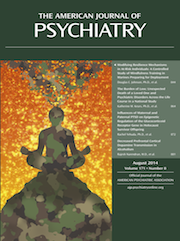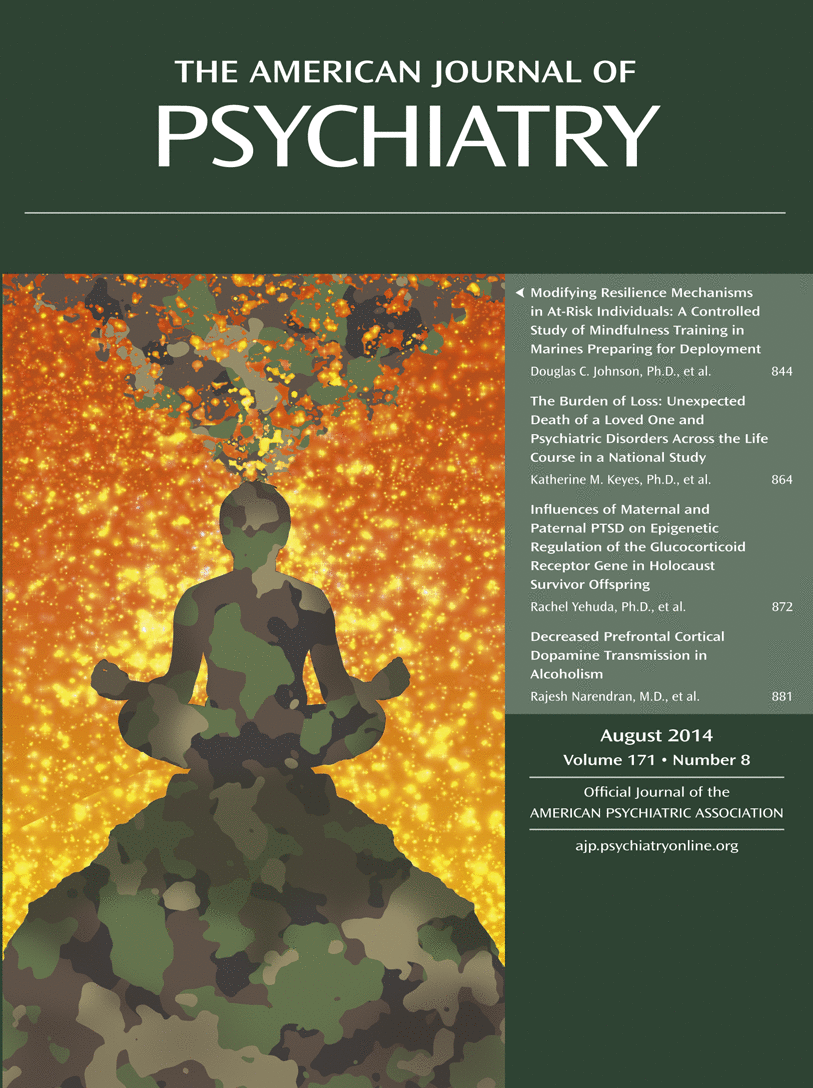A major change in DSM-5 was the removal of the Global Assessment of Functioning Scale (GAF), a clinician-based rating of overall psychological, social, and occupational functioning used to inform treatment needs, eligibility for services, and disability determinations. A key problem associated with the GAF was that it conflated the concepts of mental disorder and disability. Recent efforts have focused on disambiguating these concepts. For example, in the World Health Organization (WHO) system, diseases and disorders, including mental disorders, are addressed by the International Classification of Diseases (ICD), whereas disability is assessed according to the International Classification of Functioning, Disability, and Health (ICF) framework. This raises the question of whether the criterion of clinically significant distress or impairment required for many of the disorders included in DSM-5 is necessary, particularly given that this criterion is inherent in the symptom definitions themselves. Moreover, the fact that this criterion requires distress or impairment is problematic from a reliability perspective, particularly in the absence of clearly defined thresholds for either aspect of this criterion. Nonetheless, the general criterion of clinically significant distress or impairment has been retained in DSM-5. In place of the GAF, the WHO Disability Assessment Schedule, Version 2.0 (WHODAS 2.0) (
1) was included in DSM-5 as a measure for further study.
The WHODAS 2.0 possesses strong psychometric properties and provides a global disability score as well as six domain scores: cognition, mobility, self-care, getting along with others, participation in society, and life activities. However, several challenges emerge in attempting to use WHODAS 2.0 scores—particularly the self-report version—as a one-size-fits-all metric of functional disability associated with mental disorders. First, the WHODAS 2.0 was developed as a measure of disability associated with all physical and mental disorders. As such, many items are not relevant for assessing disability related to mental disorders. Second, there are no established thresholds for interpreting the global or domain-specific scores in relation to the criterion of clinically significant impairment. Moreover, it is unclear whether any cutoff score would be meaningful across patients with different types of mental disorders, let alone for patients with any kind of disease or disorder and across all demographic categories. Third, the instructions for the WHODAS 2.0 require respondents to make attributions about the source of their disability. These attributions may be inaccurate, particularly in the context of co-occurring disorders. A fourth difficulty emerges when interpreting scores on the life activities domain, which comprises household and work/school activities. When completing this scale, people who are neither working nor in school are instructed to skip these items. Therefore, this key aspect of disability is not reflected in the disability scores for people who are not working because of functional disability. Paradoxically, someone who is working despite some level of disability in this domain will complete these items and receive a higher disability score. Finally, when assessing someone who is socially withdrawn as a result of a mental disorder, the respondent may, because of his or her isolation, report little or no difficulty in social functioning. Thus, scores on the WHODAS 2.0 must be contextualized to be interpretable.
Several factors might be considered in optimizing the WHODAS 2.0 and its use. There are domains that the WHODAS 2.0 may not assess in sufficient detail but that should be considered since they are relevant for assessing disability related to mental disorders (e.g., parenting, romantic relationships). Interpretation guidelines for use with specific populations (e.g., people who are unemployed, are homeless, or have physical disabilities) are clearly needed. One recommendation is to supplement use of the WHODAS 2.0 with an interview that assesses an individual’s living situation, physical health, level of social contact, and employment status. For those who are not working, an evaluation of whether assigning the highest disability rating may be appropriate (as opposed to inability to get a job in tough economic times). Finally, it is currently unclear to what extent the WHODAS 2.0 will be adopted to replace the functions formerly served by the GAF. For example, to date, the U.S. Department of Veterans Affairs has not recommended use of the WHODAS 2.0 in disability examinations, although one study demonstrated its potential utility for this purpose (
2). Settings that adopt the WHODAS 2.0 will need to develop methods for synthesizing scores on this measure with other sources of information to inform clinical decision making.

